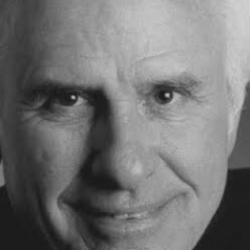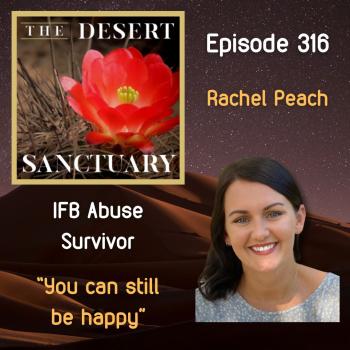Now Isaiah is ready to hear the call of his God. "Then I heard the voice of the Lord, 'Whom shall I send; who will go for us?' And I said, 'Here I am. Send me.'" (6:8). These lines have, of course, become a cliché for us. "Whom Shall I Send" is a hymn that has become among the most popular in our time. We should always be leery when something becomes so popular; popular phrases have a way of losing their initial significance and become instead co-opted by the culture that popularizes them.
Isaiah cannot hear the call of God until he has been prepared to hear it by the actions of that same God. In other words, our summons by God is easily more important than our response that too often is shallow and short-lived. And that is the very reason why no reading of this passage should stop at verse 8. We need to witness exactly what happens after Isaiah offers himself in service to YHWH.
Here is what YHWH demands that the prophet do: "Go and say to this people, 'Listen very carefully, but do not understand; see as clearly as you can but never figure it out. Make the heart of this people dull. Clog their ears and blind their eyes, so that they may not see with their eyes or listen with their ears and figure it out in their hearts and thus turn and be healed'" (6:9-10)! What!? Preach in such a way that no one will understand what you are saying in order to be certain that they will never really change their terrible ways? In other words, YHWH bids Isaiah to failed ministry. Little wonder that the prophet wails "How long, Lord" (6:11a)? And the cruel reply is, "Until cities lie ruined without inhabitant, houses without people, and the land is utterly desolate" (6:11b).
What are we to make of this? I imagine that if Isaiah had been more keenly aware of what YHWH wanted from him, he might have skipped worship that day; he surely would have wanted to take back those fateful words about asking to be sent. Perhaps 6:13 may be a clue for the meaning of this terrible demand. Isaiah's call is not for sweet preaching of comfort and joy, but rather for harsh demands for a people lost and far from the ways of their God, however much they think they are in the will of that God. Isaiah's only hope, and our only hope too, is that from the tiny smoldering stump of a blasted tree may come the "holy seed" of the future with God. There are times for comfort, but Isaiah's time was not one of those. Rather, YHWH has called him to witness to the struggle to understand and join the community that searches to live out the rule of God.
In 740 B.C.E., Israel was far from such a rule. In 2012 it seems equally fair to say that we are far from it, too. Our call from our God this Trinity Sunday may also be a difficult one. Hence, if we do choose to sing that ubiquitous hymn, saying "Here I am, Lord," we had better be clear about just where and for what the Lord may be sending us.





